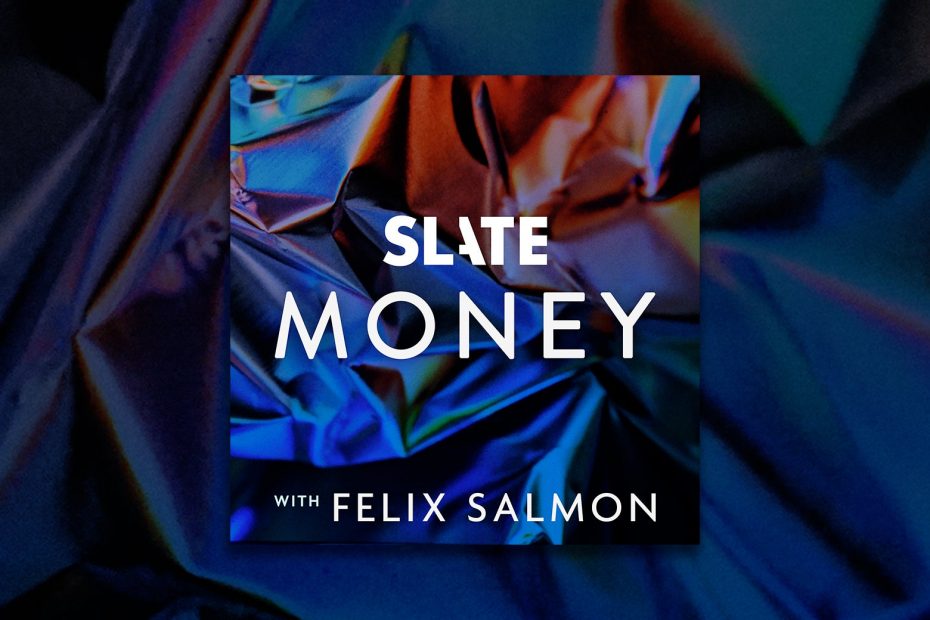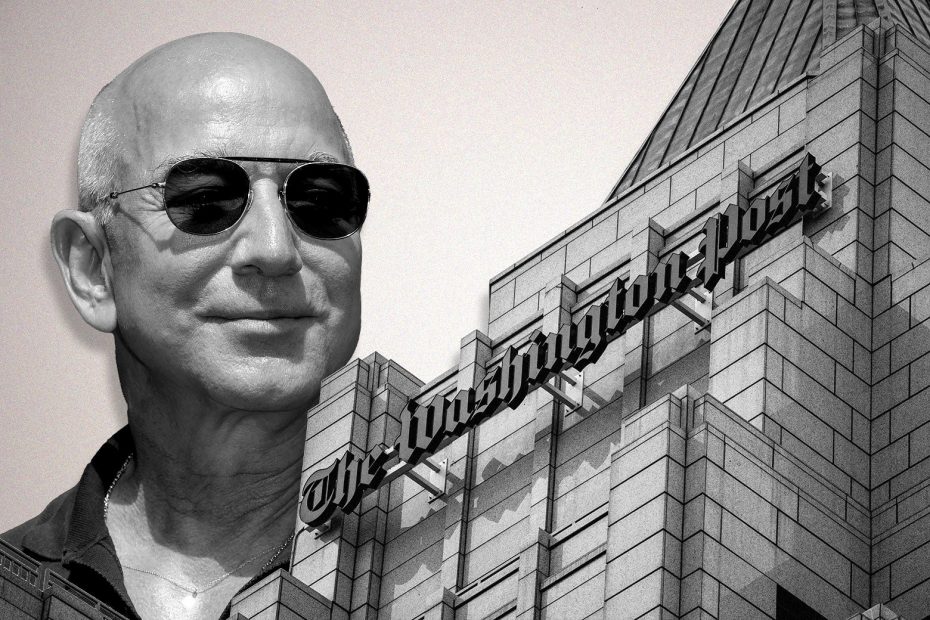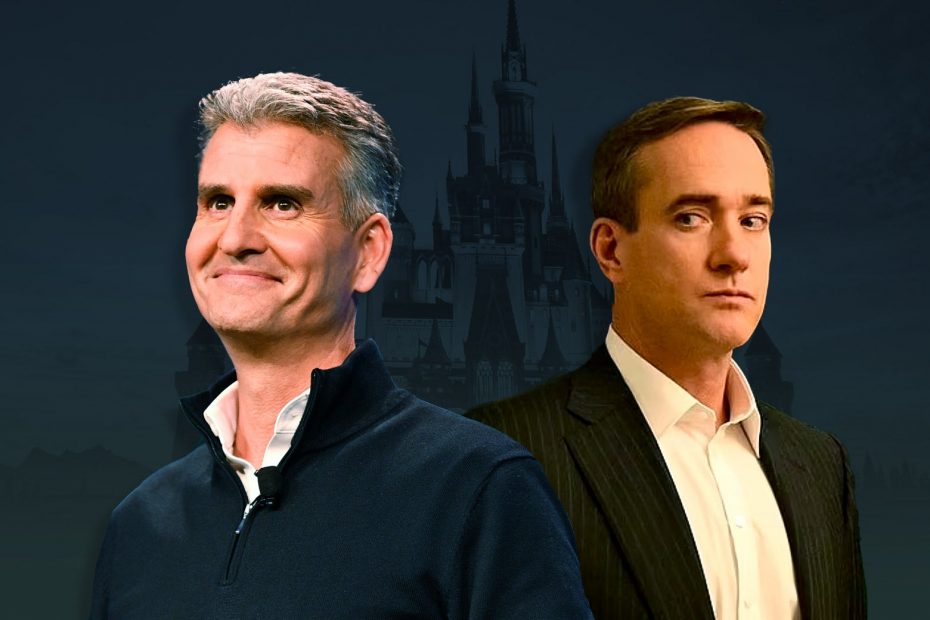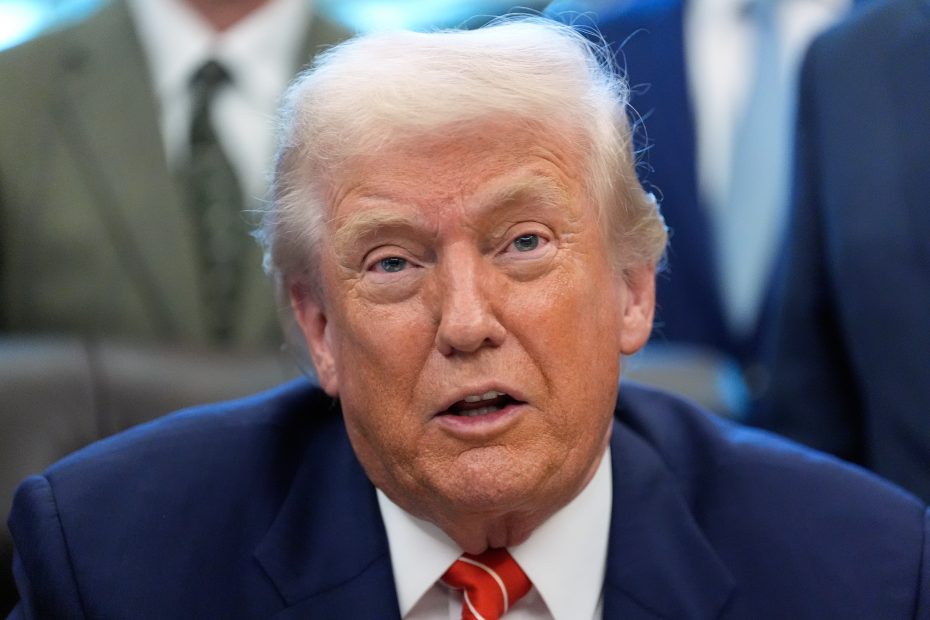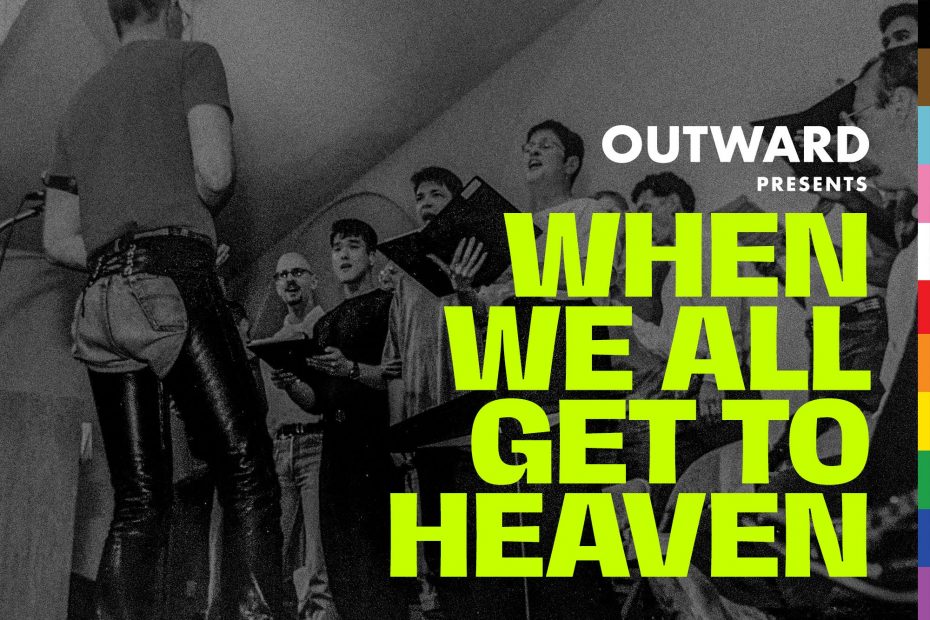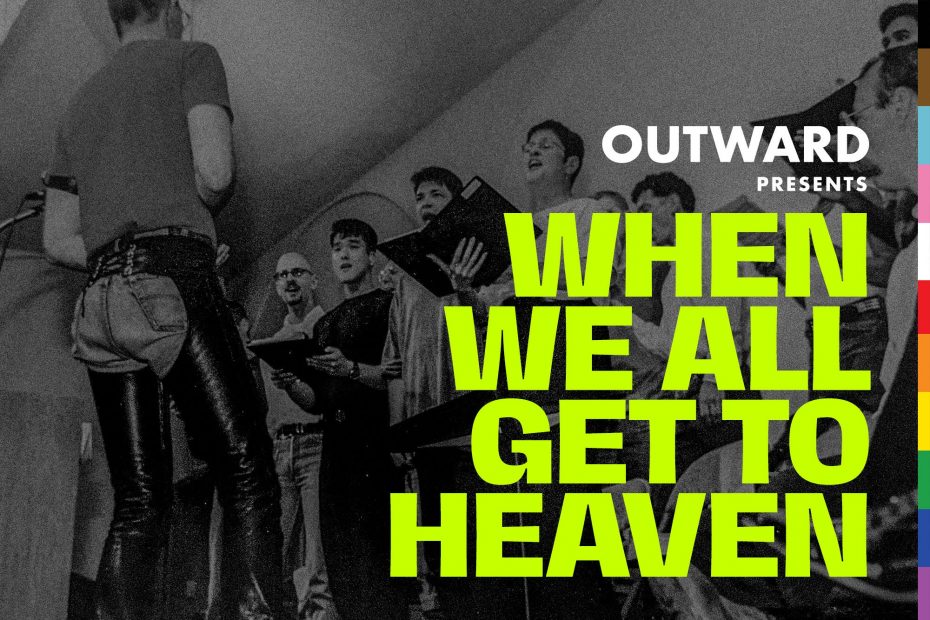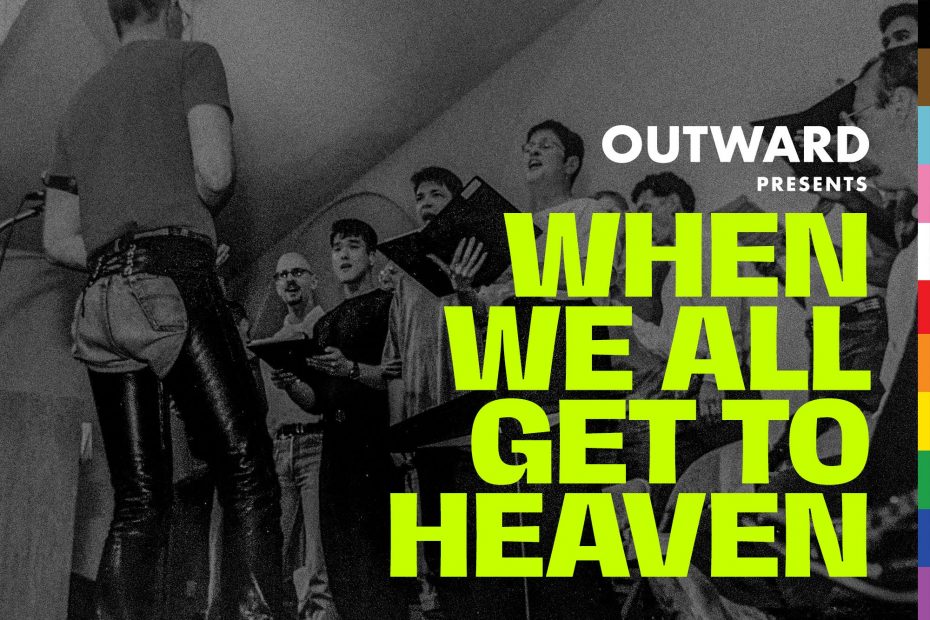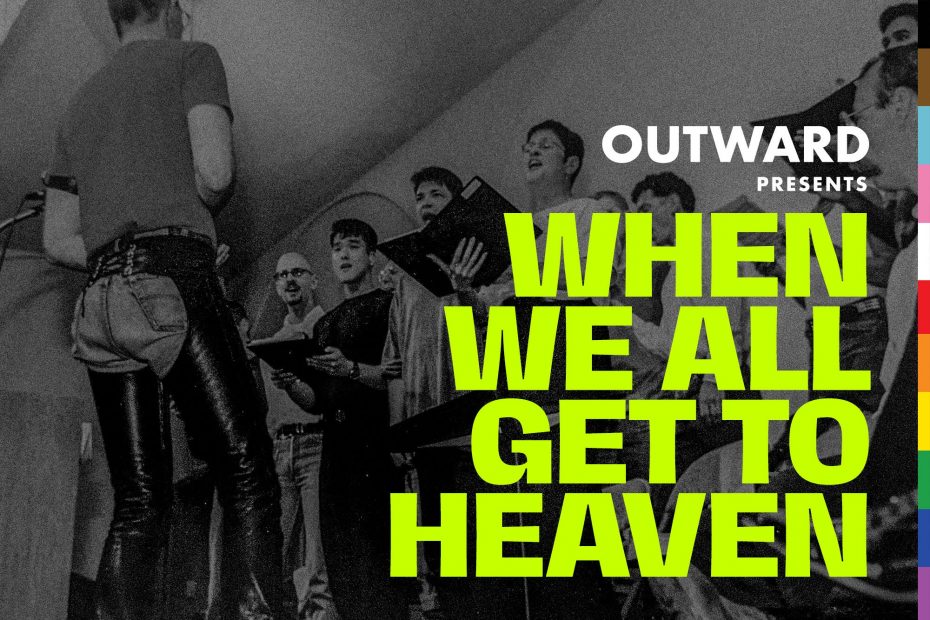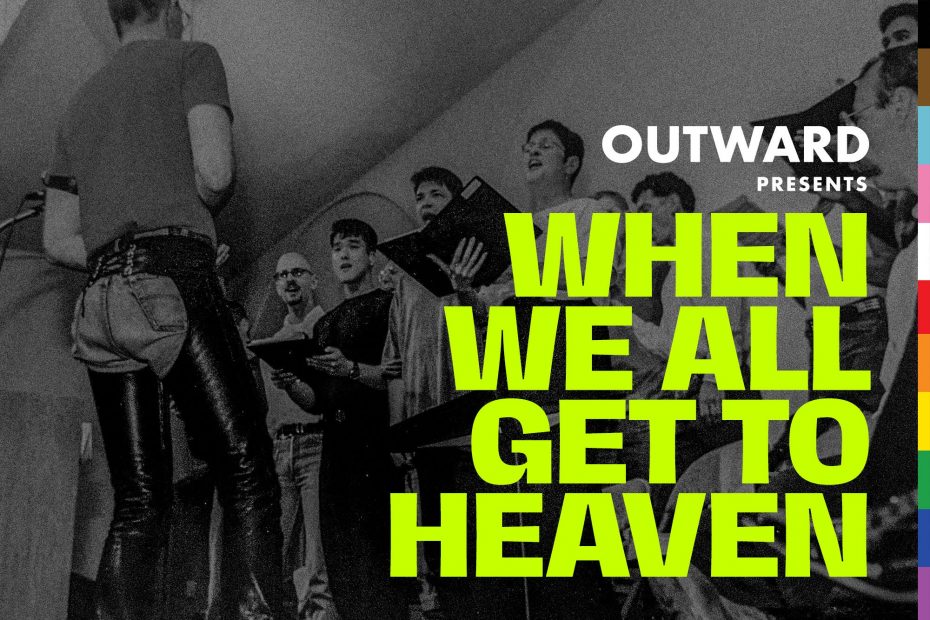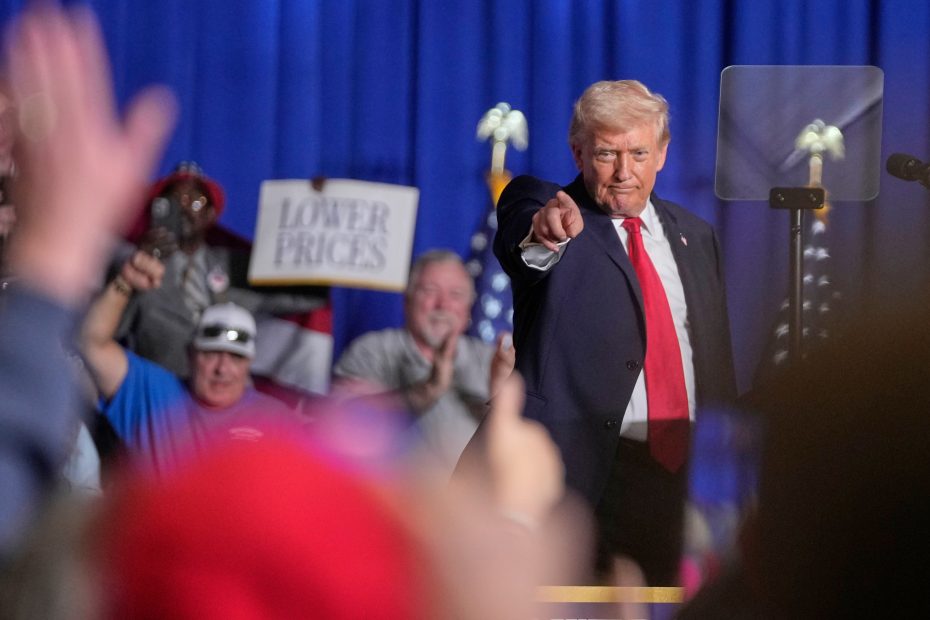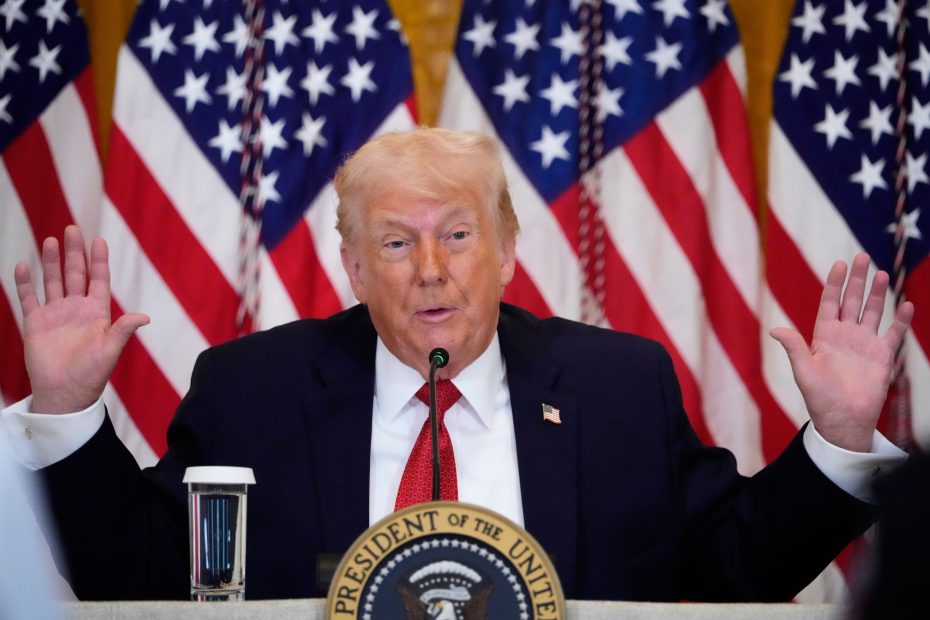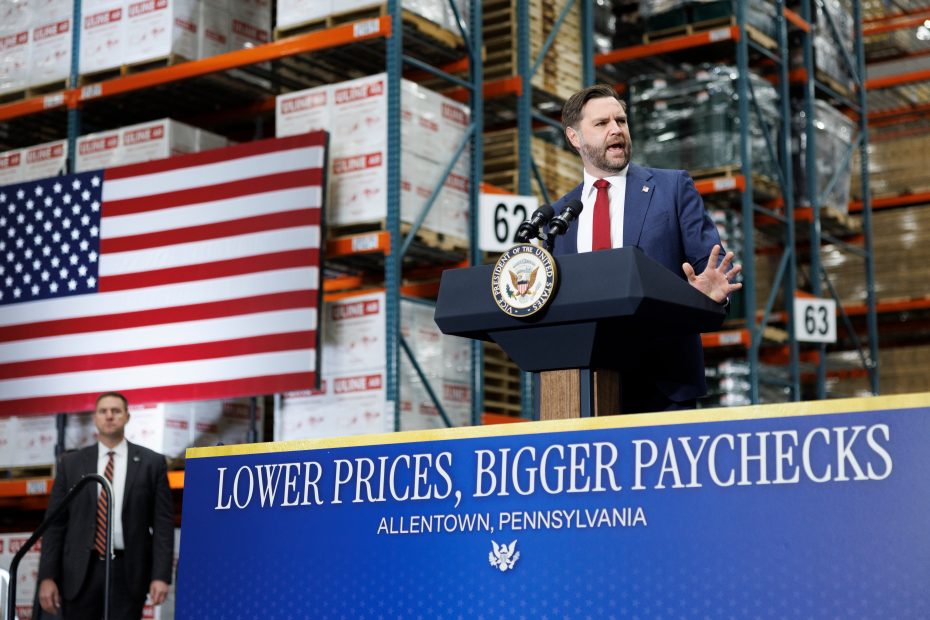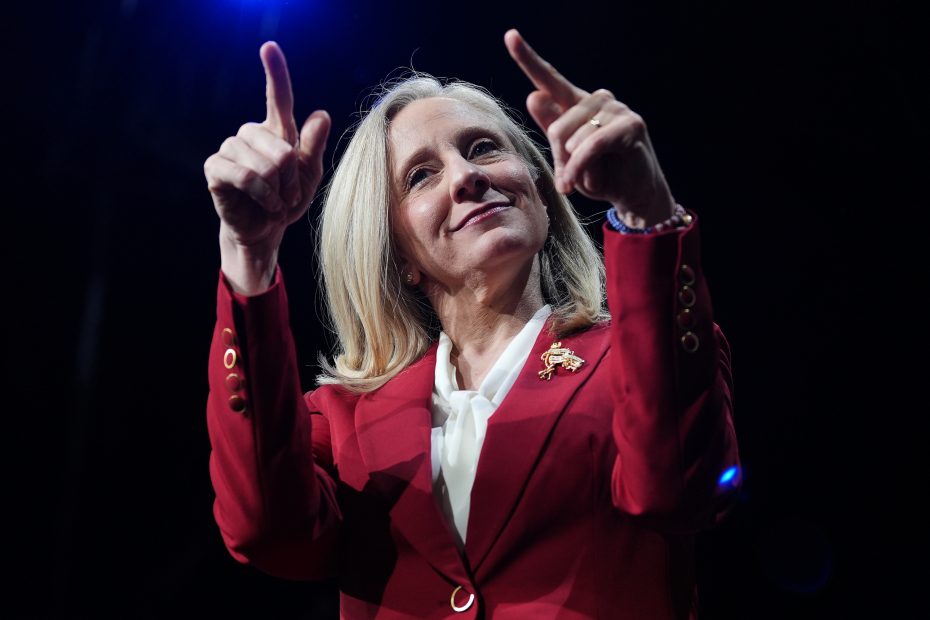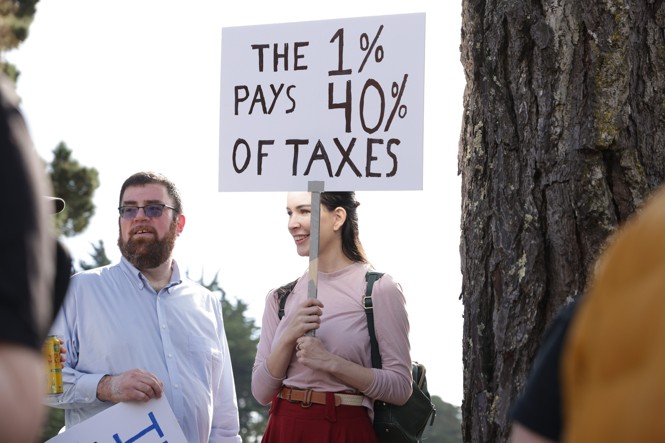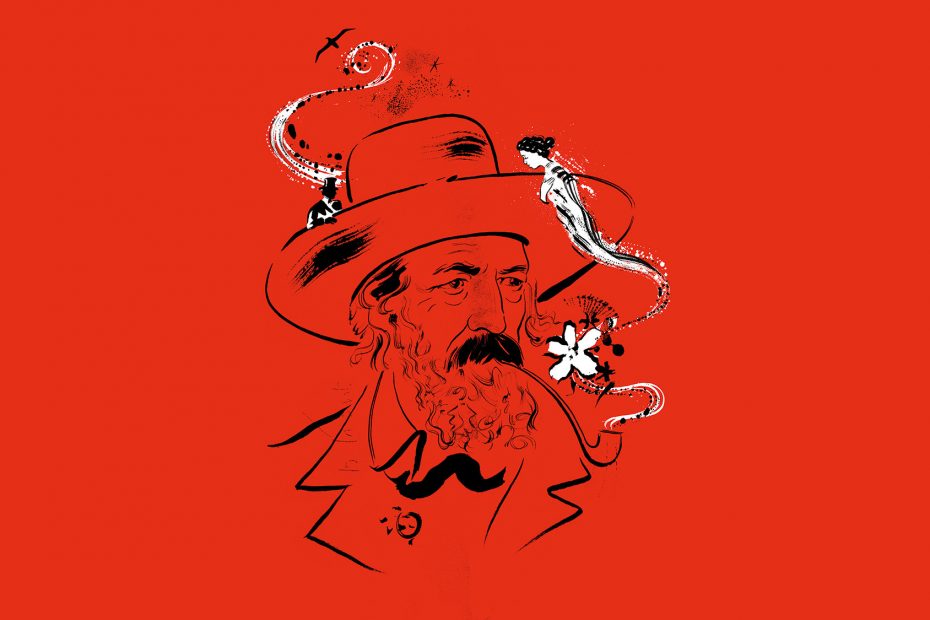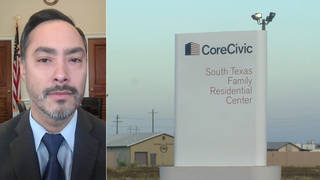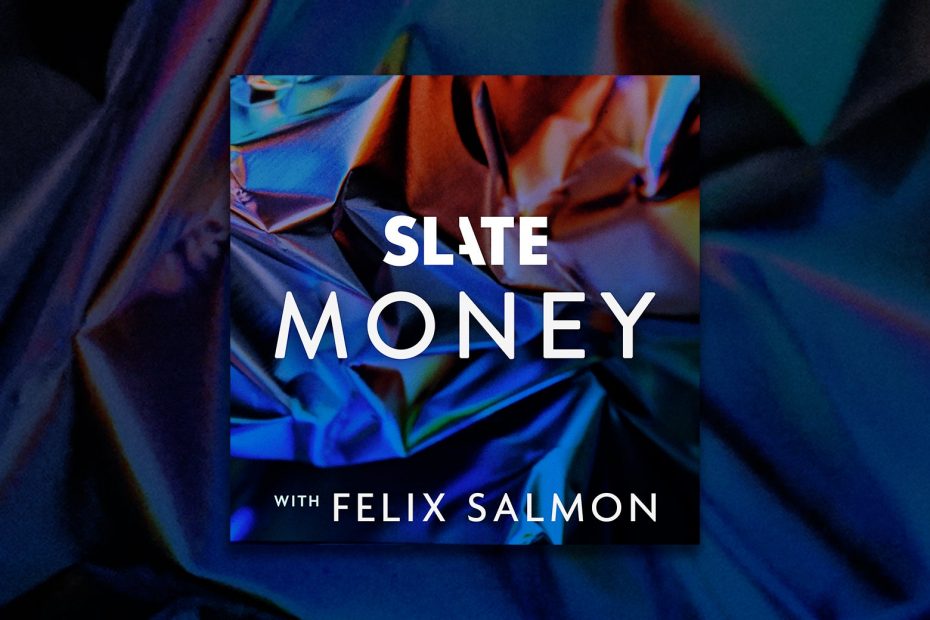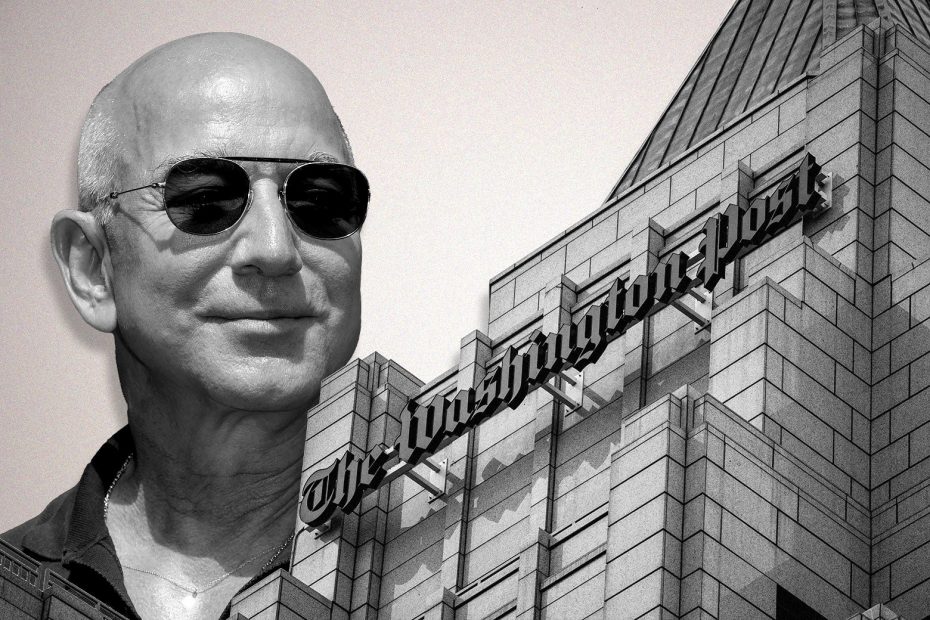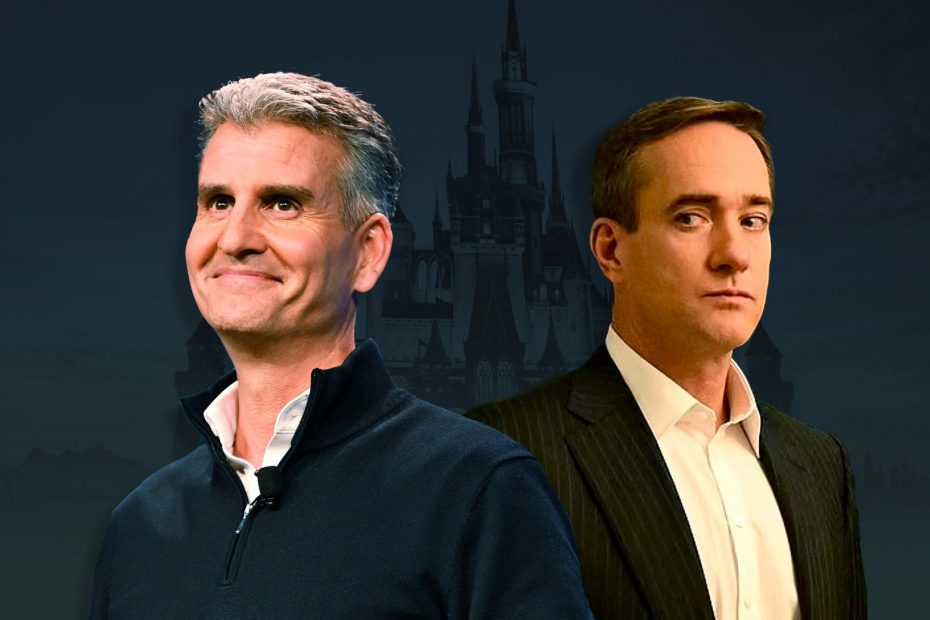Today's Liberal News
The Real Reason Jeff Bezos Killed the Washington Post
The billionaire wanted the Post to die, because a vigorous, well-resourced newspaper does not help his bottom line.
Disney Just Had Its Succession Ending
Josh D’Amaro’s rise mirrors Tom Wambsgans’ improbable victory—and hints at a bleak and less creative future for Disney.
You Don’t Need an Emergency Fund. Because of Trump, You Need Something Else.
A personal finance coach explains why she’s giving her students advice she never expected to—and why it now feels unavoidable.
RFK Jr.’s followers plan to back Trump-endorsed candidates
A leader of the “Make America Healthy Again” movement said he wants to preserve the Trump-Kennedy coalition that won in 2024.
Why Washington’s all-in on smart rings
Finland’s Oura is telling lawmakers and Trump officials it’s got a solution to systemic health care challenges.
MAHA and Mike Tyson want you to ‘eat real food’ during the Super Bowl
RFK Jr.’s allies are airing an ad during Sunday’s game touting the new, MAHA-inspired HHS dietary guidelines.
TrumpRx debuts with several dozen discounted drugs
Drug pricing experts have questioned whether the effort would benefit most Americans.
NIH looks to turn primate research center into a sanctuary
The health research agency is offering the Oregon National Primate Research Center federal money to stop testing on primates.
When Church Was a Queer Space
Outward’s hosts sit down with the host and co-creator of When We All Get to Heaven.
Remembering, with the People of MCC San Francisco, AIDS Still Isn’t Over.
The neighborhood changes, the church moves, people forget and remember “the AIDS years,” but AIDS isn’t over.
What Happens When You Organize Church Around AIDS – and AIDS Changes?
The AIDS cocktail opens new possibilities. And MCC San Francisco tries to use the experience of AIDS to make bigger social change.
The Church’s Pastor Gets Diagnosed with AIDS. And the Church Wonders How Much They Might Lose.
The church’s minister gets sick and everyone knows it.
A Church Romance Between a Hula Dancer and a Lumbersexual Blossoms in a Dangerous Time.
The church’s “it couple” faces AIDS, caregiving, and loss as part of a pair, part of families, and part of a community.
Trump in Iowa tries to shift the conversation back to the economy
A brief swing through the farm state underscored administration fears about the midterms.
Americans give Trump low marks on handling of economy as midterms likely to center on affordability
Sixty-one percent of voters told a CNN poll released Friday that they disapprove of the way Trump is handling the economy.
Vance tries to thread affordability needle in Rust Belt
The vice president fine-tunes Trump’s economic message, but he’s only got so much wiggle room.
Ex-Trump voters swung hard to Democrats over costs in NJ & VA, new research shows
Voters who backed Donald Trump in 2024 and swung to Democrats in this year’s Virginia and New Jersey elections did so over economic concerns, according to focus groups conducted by a Democratic pollster and obtained by POLITICO.
“The War Hasn’t Ended”: Palestinians in Gaza Still Face Israeli Attacks, Disease, Medical Neglect
The partial reopening of Gaza’s southern Rafah crossing with Egypt has been marked by chaos and severe restrictions imposed by Israel, as tens of thousands of Palestinians continue to wait for medical evacuation to receive urgent care outside the Gaza Strip. According to U.N. data, only 36 Palestinians in need of medical treatment were allowed to leave Gaza during the first four days of the crossing’s reopening.
I Went to the March for Billionaires
A couple of weeks ago, word began to spread around San Francisco that somebody was organizing a “March for Billionaires.” A mystery organizer had posted on social media that “billionaires get a bad rap,” and soon, some flyers appeared around the city. A website provided a time and rendezvous point; it also celebrated the societal contributions of Jeff Bezos and Taylor Swift, exhorting people to “judge individuals, not classes.” The message seemed to be: Not all billionaires.
The Grim Paradox of the Nancy Guthrie Case
Legal scholars sometimes bemoan what they call the “CSI effect”—the tendency, in courtrooms, for jurors’ familiarity with true-crime TV shows to skew their expectations of how crimes are investigated and solved. The effect emerges from a paradox: People’s interest in televised versions of the criminal-justice system can, regardless of their compassion or sympathies, impede justice in the real world.
What the Crypto Crash Reveals About Trump’s Power
This is an edition of The Atlantic Daily, a newsletter that guides you through the biggest stories of the day, helps you discover new ideas, and recommends the best in culture. Sign up for it here.
During the summer of his 2024 presidential campaign, Donald Trump made a vow to the cryptocurrency industry: Elect him, and the United States would become the “crypto capital of the planet.
Trump’s Gaza Plans Are Profoundly Unserious
President Trump has extravagant plans for the Gaza Strip. The only problem is that they bear no connection to the grim realities on the ground—nor is there much prospect that the two will align in the foreseeable future.
Trump has declared that the cease-fire in Gaza—such as it is, given that Hamas continues to attack Israeli forces, and Israeli strikes continue to kill Palestinians—has now entered Phase 2.
Winter Olympics Photo of the Day: Wipeout on the Ice
Jared C. Tilton / Getty
Corinne Stoddard of Team USA, Rika Kanai of Team Japan, and Arianna Sighel of Team Italy crash as Team China’s Wang Xinran crosses the finish line to win heat three in the women’s short-track speed-skating 500m on day four of the Winter Olympic Games at Milano Ice Skating Arena, February 10, 2026.
“I Have Never Felt So Much Fear”: Immigrant Children Speak Out on Life Inside ICE Jail in Dilley, TX
A new ProPublica investigation reveals new details about a sprawling ICE detention complex where families describe horrific conditions inside, such as being served contaminated food, with children and parents at times finding worms in their meals. Lights are reportedly left on for 24 hours a day. South Texas Family Residential Center, in the town of Dilley a few dozen miles from the southern border with Mexico, detains an estimated 3,500 people, more than half of them children.
Rep. Joaquin Castro Slams ICE “Prison” Where Children as Young as 2 Months Old Are Held
Senate Democrats have reportedly begun tentative negotiations with the White House just days before funding for the Homeland Security Department is set to expire at midnight on Friday, threatening another partial government shutdown. Joaquin Castro, a Democratic congressmember from Texas, visited the family immigration detention center in Dilley where 5-year-old Liam Ramos was held. Kids have been “traumatized by the experience,” says Castro.
Protecting Pedophile Predators: Carole Cadwalladr on Jeffrey Epstein & the Elite’s Veil of Silence
Lawmakers on Capitol Hill are accusing the Justice Department of covering up the names of co-conspirators of the deceased sex offender Jeffrey Epstein as fallout from the Epstein files grows across the globe. Millions of pages remain unreleased. As many prominent U.S. figures evade accountability following mentions in the Epstein files, a number of European figures have resigned for their relationships with Epstein.
The Real Reason Jeff Bezos Killed the Washington Post
The billionaire wanted the Post to die, because a vigorous, well-resourced newspaper does not help his bottom line.
Disney Just Had Its Succession Ending
Josh D’Amaro’s rise mirrors Tom Wambsgans’ improbable victory—and hints at a bleak and less creative future for Disney.

